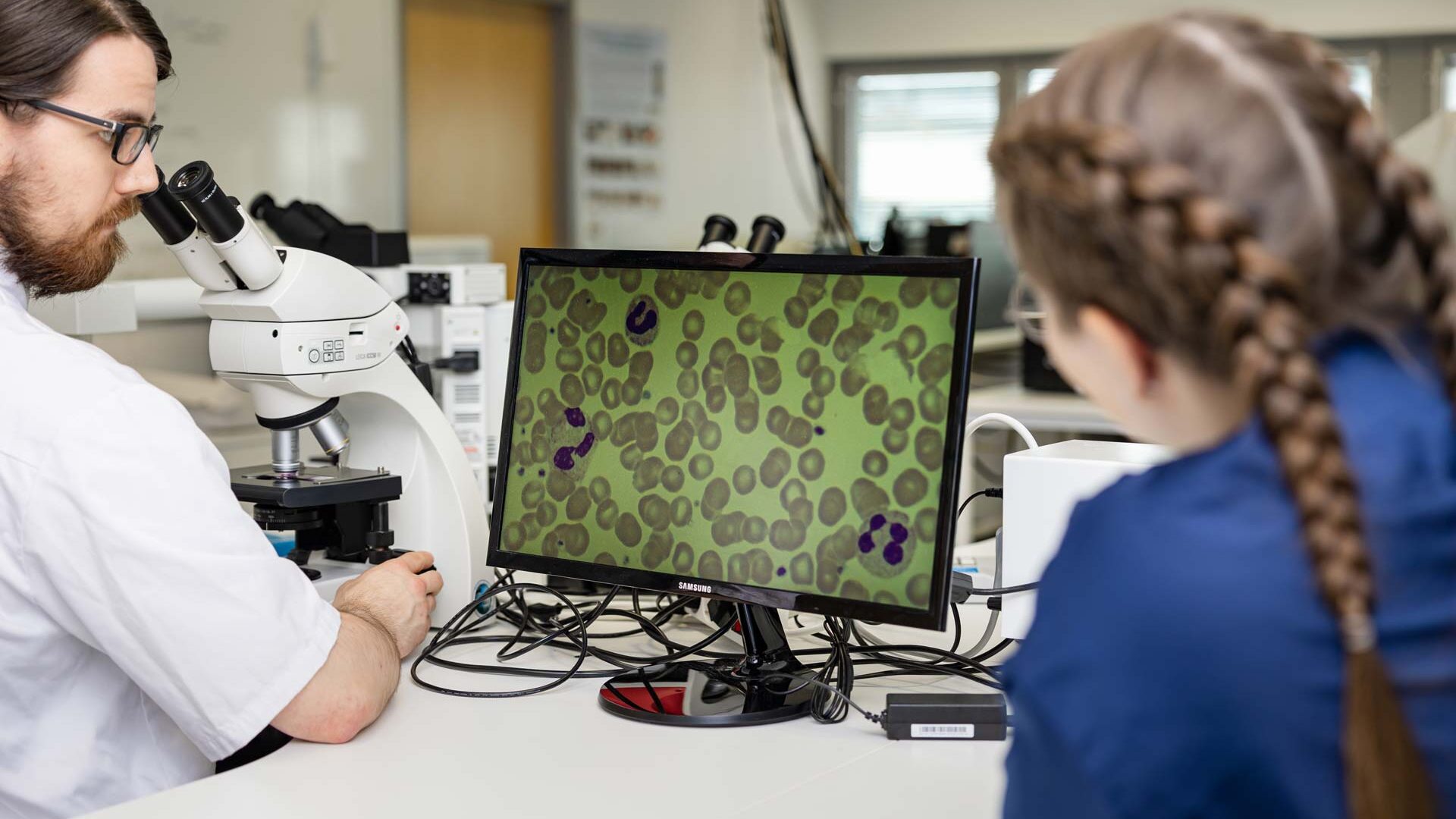
Savonia Article: Covid-19 pandemic increased psychological burden and stress among nurses
#SavoniaUAS
Based on the results of the descriptive literature review thesis, it was found that Covid-19 pandemic caused additional psychological burden and stress among nurses. The thesis focused on nurses who worked in the hospitals’ Intensive Care Unit (ICU) during the Covid-19 pandemic, as well as on the nurses who participate in the quickly arranged supplementary training during the Covid-19 pandemic in the ICU. Need of supplementary training rose from the labor transfer to ICU at the time when the pandemic initiated. The purpose of the thesis was to bring development proposals on how to reduce the psychological burden among nurses who were working in abnormal conditions.
Based on the thematic analysis of the articles from the literature retrieval, altogether 12 themes emerged. Themes related to the causes for psychological burden among the nurses during Covid-19 pandemic. These themes were as follows: patient dies alone, colleagues dont have ICU knowledge, excessive workload, limited resources, clinical uncertainty, deteriorated quality of patients nursing, rapidly changing situations, unclear communication, new work environment, fear of spreading the virus to own family, poor quality of supplementary training, and poor support from the management.
Nurses’ fear of having Covid-19 infection came up in many themes, because at the beginning of pandemic there weren’t a proper information on the virus and its mode of transmission. The nurses were also afraid of whether they were able to provide appropriate and high-quality patient care.
Prevention of psychological burden during pandemic
It is important to pay attention to the psychological well-being of nurses in a preventive manner. Based on the results, nurses did not receive fully comprehensive supplementary training to the new work tasks in the ICU during the pandemic. By investing in the comprehensive supplementary training, supporting employees in abnormal working conditions, and communicating clearly, we can prevent nurses’ psychological additional burden.
In the thesis, it became clear how supplementary training in abnormal working conditions and in busy patient treatment situations are psychologically difficult for both a nurse giving and receiving supplementary training. Therefore, it is important to increase the mobility of nurses during normal working conditions. It helps to allocate nurses into the different clinics in the hospital as needed for.
Furthermore, by reducing the psychological burden and stress, we can ensure the high quality of nursing work.
Authors:
Heli Hassinen, student, Master of Global Public Health, Savonia University of Applied Sciences
Maria Luojus, PhD, lecturer, Savonia University of Applied Sciences